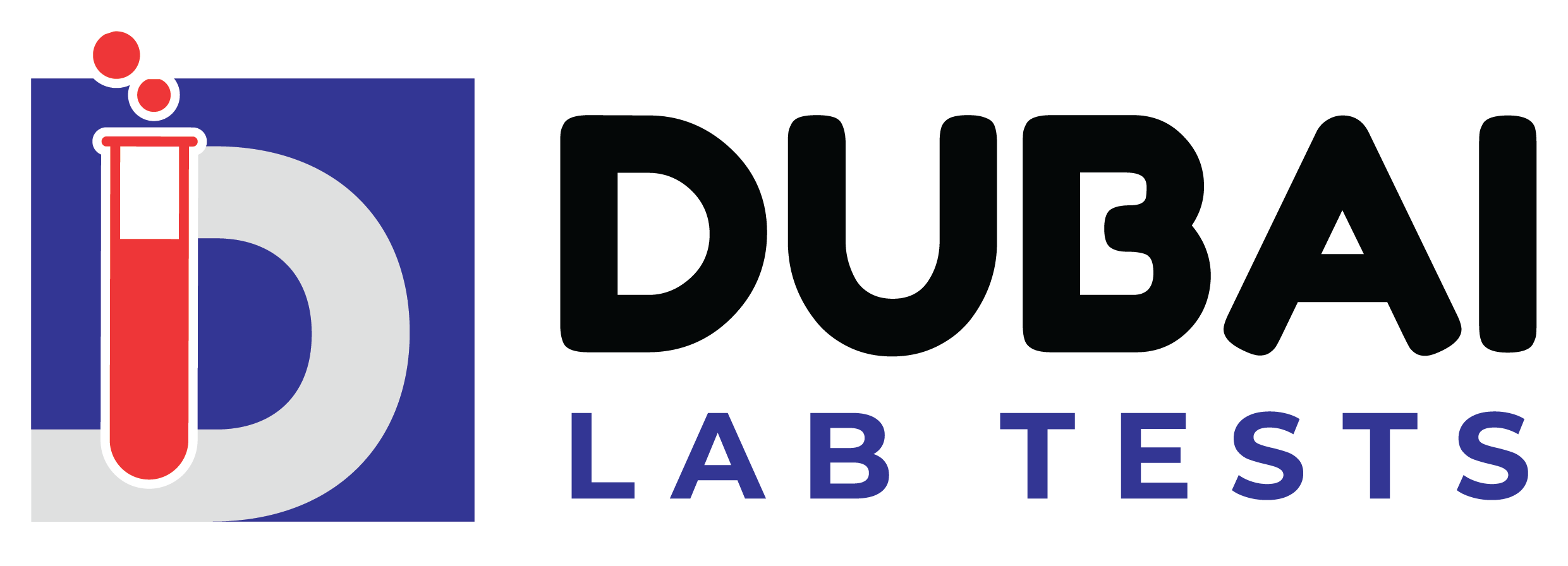Most people have heard of thyroid function tests and thyroid profiles, but do you know the key differences between the two? Understanding the distinction can be crucial in diagnosing thyroid disorders accurately. Let’s investigate into the important nuances that set these tests apart and how they help in assessing thyroid health effectively.

Key Takeaways:
- Thyroid Function Test: This test measures TSH (Thyroid Stimulating Hormone) levels only, providing a basic overview of thyroid function.
- Thyroid Profile: A more comprehensive test, it includes T3, T4, and TSH levels, offering a detailed analysis of thyroid health.
- Scope of Analysis: Thyroid Function Test is limited in scope and may not detect certain thyroid disorders, while Thyroid Profile offers a broader view.
- Health Conditions: Thyroid Profile is recommended for investigating conditions like hyperthyroidism, hypothyroidism, or thyroid nodules, providing a more accurate diagnosis.
- Choosing the Right Test: Consulting a healthcare professional is important to determine whether a Thyroid Function Test or a Thyroid Profile is the most appropriate based on symptoms and medical history.
1. Thyroid function test measures T3 and T4 levels.
2. Thyroid profile includes TSH, T3, T4, and antibodies.
3. Thyroid profile provides a more comprehensive evaluation.
4. Function test is basic, profile is more detailed.
5. Function test may miss certain thyroid disorders.
6. Profile is useful in diagnosing various thyroid conditions accurately.
What is a Thyroid Function Test?
Definition and Purpose
The Thyroid Function Test is a blood test that measures how well your thyroid gland is functioning. This test is commonly used to diagnose thyroid disorders such as hypothyroidism and hyperthyroidism.
What Does it Measure?
To assess thyroid function, the Thyroid Function Test measures the levels of thyroid-stimulating hormone (TSH), thyroxine (T4), and triiodothyronine (T3) in your blood. These hormones play a crucial role in regulating your metabolism, energy levels, and overall health.
This test helps determine if your thyroid gland is producing the right amount of hormones. Abnormal levels of TSH, T4, or T3 can indicate thyroid dysfunction, which can lead to symptoms like fatigue, weight changes, and mood disturbances.
What is a Thyroid Profile?
Definition and Purpose
For a more comprehensive assessment of thyroid function, a thyroid profile is conducted. This test helps to evaluate the overall health of the thyroid gland and how well it is functioning.
What Does it Measure?
Purpose: A thyroid profile typically consists of measuring levels of thyroid-stimulating hormone (TSH), thyroxine (T4), triiodothyronine (T3), and sometimes thyroid antibodies. These measurements provide valuable insights into whether the thyroid gland is overactive (hyperthyroidism) or underactive (hypothyroidism).
It is crucial to monitor these thyroid hormone levels as abnormalities can lead to various health issues such as weight fluctuations, fatigue, and even heart problems. By analyzing a thyroid profile, healthcare providers can accurately diagnose thyroid disorders and prescribe appropriate treatment.
Key Differences Between Thyroid Function Test and Thyroid Profile
Scope of Testing
To understand the key differences between a Thyroid Function Test and a Thyroid Profile, it is necessary to consider the scope of testing each one offers.
Parameters Measured
For the Thyroid Function Test, the parameters typically measured include TSH (Thyroid Stimulating Hormone) and sometimes T4 (Thyroxine) levels. On the other hand, the Thyroid Profile goes a step further by measuring TSH, T4, T3 (Triiodothyronine), FT4 (Free Thyroxine), and FT3 (Free Triiodothyronine) levels.
The Thyroid Profile provides a more comprehensive view of the thyroid function, including the levels of Free T3 and Free T4 hormones. These free hormone levels are crucial as they reflect the active hormones available for the body to utilize, offering a more accurate assessment of thyroid health.
Conclusion
Following this informative comparison, it is evident that Thyroid Function Test and Thyroid Profile serve different purposes in assessing thyroid health. Thyroid Function Test focuses on key thyroid hormones, while Thyroid Profile provides a more comprehensive evaluation including additional markers. Understanding the differences between these tests can help individuals and healthcare providers make informed decisions regarding thyroid health and treatment strategies.
FAQ
Q: What is the difference between a Thyroid Function Test and a Thyroid Profile?
A: A Thyroid Function Test typically measures TSH (Thyroid Stimulating Hormone) levels, while a Thyroid Profile includes additional tests such as T3 and T4 levels.
Q: Why is it important to monitor thyroid function?
A: The thyroid gland plays a crucial role in regulating metabolism, energy levels, and overall health. Monitoring thyroid function can help detect any imbalances or disorders early on.
Q: How do TSH, T3, and T4 levels differ in the body?
A: TSH is produced by the pituitary gland and stimulates the thyroid to produce T3 and T4 hormones. T3 and T4 are responsible for regulating metabolism and energy levels.
Q: What are common symptoms of thyroid dysfunction?
A: Symptoms may include fatigue, weight changes, hair loss, irregular heartbeat, and sensitivity to cold or heat. However, symptoms can vary depending on whether the thyroid is overactive or underactive.
Q: When should someone consider getting a Thyroid Function Test or Thyroid Profile?
A: If you experience symptoms of thyroid dysfunction or have risk factors (such as family history), it’s important to consult a healthcare provider who may recommend these tests to assess your thyroid health.



